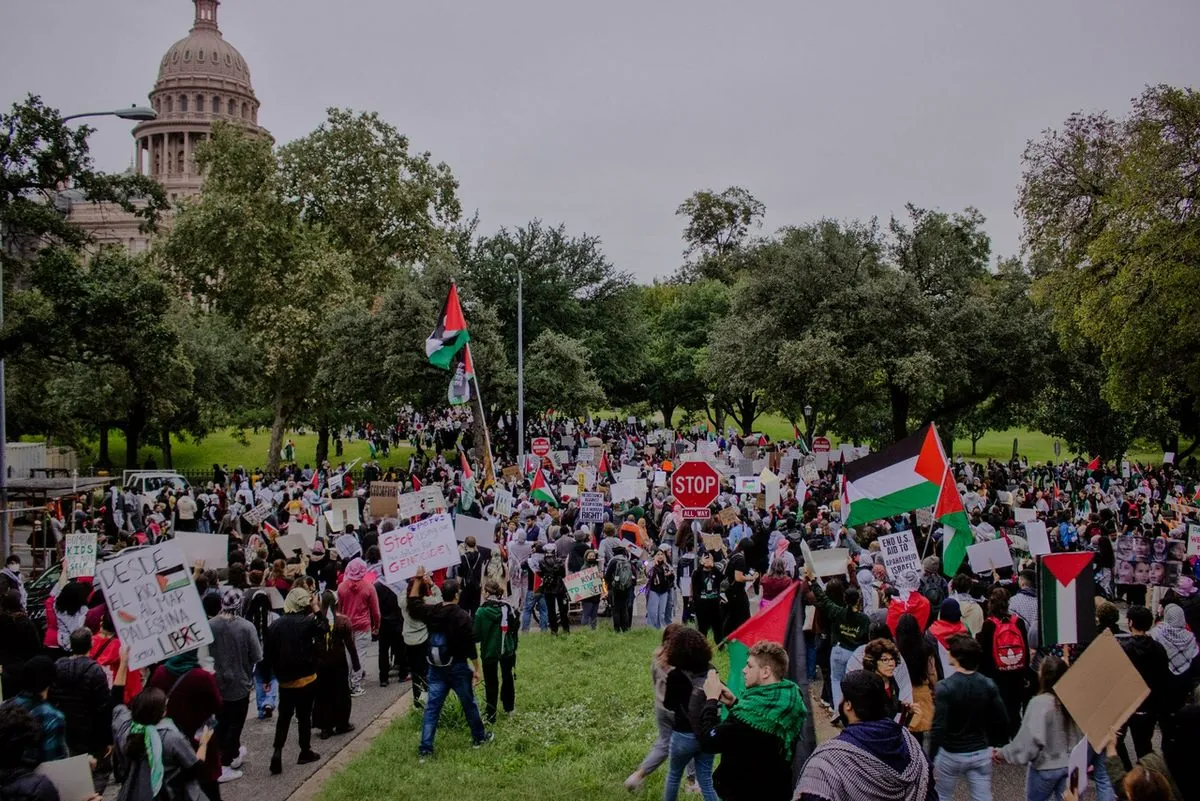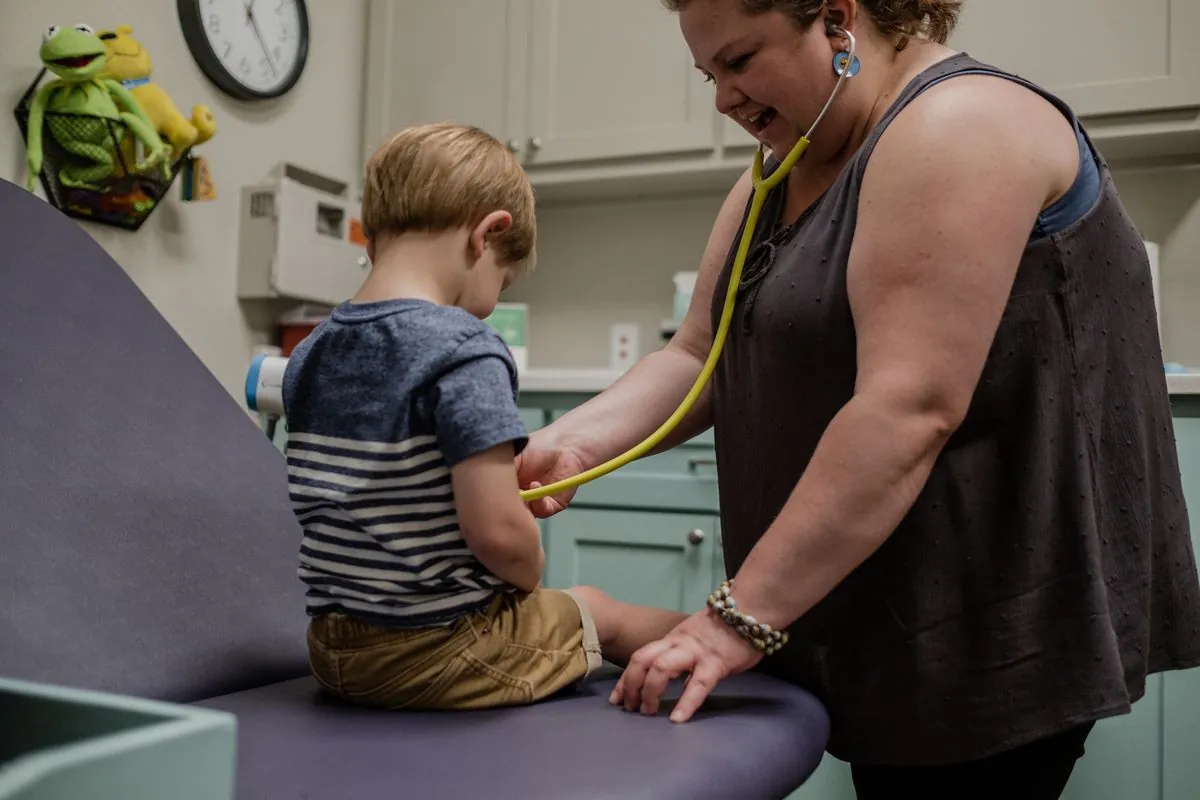Texas Lawmakers Unite to Challenge Execution Based on Disputed Science
A bipartisan group of 84 Texas legislators petitions to halt the execution of Robert Roberson, convicted of killing his daughter in 2002. The case, built on contested shaken baby syndrome evidence, sparks rare unity.

In an unprecedented display of bipartisan cooperation, 84 members of the Texas House of Representatives have united to challenge the impending execution of Robert Roberson. Scheduled for October 17, 2024, Roberson's case has drawn attention due to concerns over the scientific validity of the evidence used in his conviction.
Roberson was found guilty in 2002 for the death of his 2-year-old daughter, Nikki Curtis. The prosecution's case heavily relied on the controversial shaken baby syndrome diagnosis, a medical theory that has faced increasing scrutiny in recent years. Shaken baby syndrome, first described in medical literature in 1971, has become a subject of debate within the medical community, with many experts questioning its reliability as a standalone diagnosis.
The clemency petition, supported by a diverse group including medical experts, death penalty attorneys, and bestselling author John Grisham, argues that Roberson's conviction was based on outdated scientific understanding. They contend that alternative medical explanations, such as pneumonia, were not adequately considered at the time of the trial. Pneumonia remains a leading cause of death in young children worldwide, highlighting the importance of thorough medical investigation in such cases.

The case has garnered attention from autism advocates as well. Roberson, who is on the autism spectrum, may have been unfairly judged based on his demeanor during the investigation. This aspect of the case underscores the importance of understanding neurodiversity in the criminal justice system, especially considering that autism affects approximately 1 in 36 children in the United States.
Rep. Joe Moody, a Democrat, emphasized the gravity of the situation, stating, "This is one of those issues that is life and death, and our political ideology doesn't come into play here." This rare show of unity in the Texas House, which consists of 150 members, demonstrates the compelling nature of the concerns raised about Roberson's case.
Texas has a complex history with capital punishment, having executed more prisoners than any other U.S. state since 1976. The state's clemency process involves the Texas Board of Pardons and Paroles, a seven-member body appointed by the governor. Under Texas law, Governor Greg Abbott has the authority to grant a one-time, 30-day reprieve from execution. However, full clemency requires a recommendation from the board majority.
Since taking office in 2015, Abbott has granted clemency in only one death row case, commuting Thomas Whitaker's sentence to life imprisonment in 2018. This statistic aligns with the national trend, where only about 2-3% of clemency petitions in death penalty cases are granted.
The Texas Court of Criminal Appeals, the state's highest court for criminal matters, previously halted Roberson's execution in 2016. However, in 2023, the court allowed the case to proceed, leading to the current execution date.
"Knowing everything I know now, I am firmly convinced that Robert is innocent."
This statement from a former chief of detectives in Palestine, Texas, who initially aided in Roberson's prosecution, adds significant weight to the clemency petition. Palestine, a small city of about 18,000 residents, has found itself at the center of this high-profile case.
As the execution date approaches, all eyes are on Governor Abbott and the Board of Pardons and Paroles. Their decision will not only determine Roberson's fate but also potentially influence future cases involving contested scientific evidence in capital punishment proceedings.


































